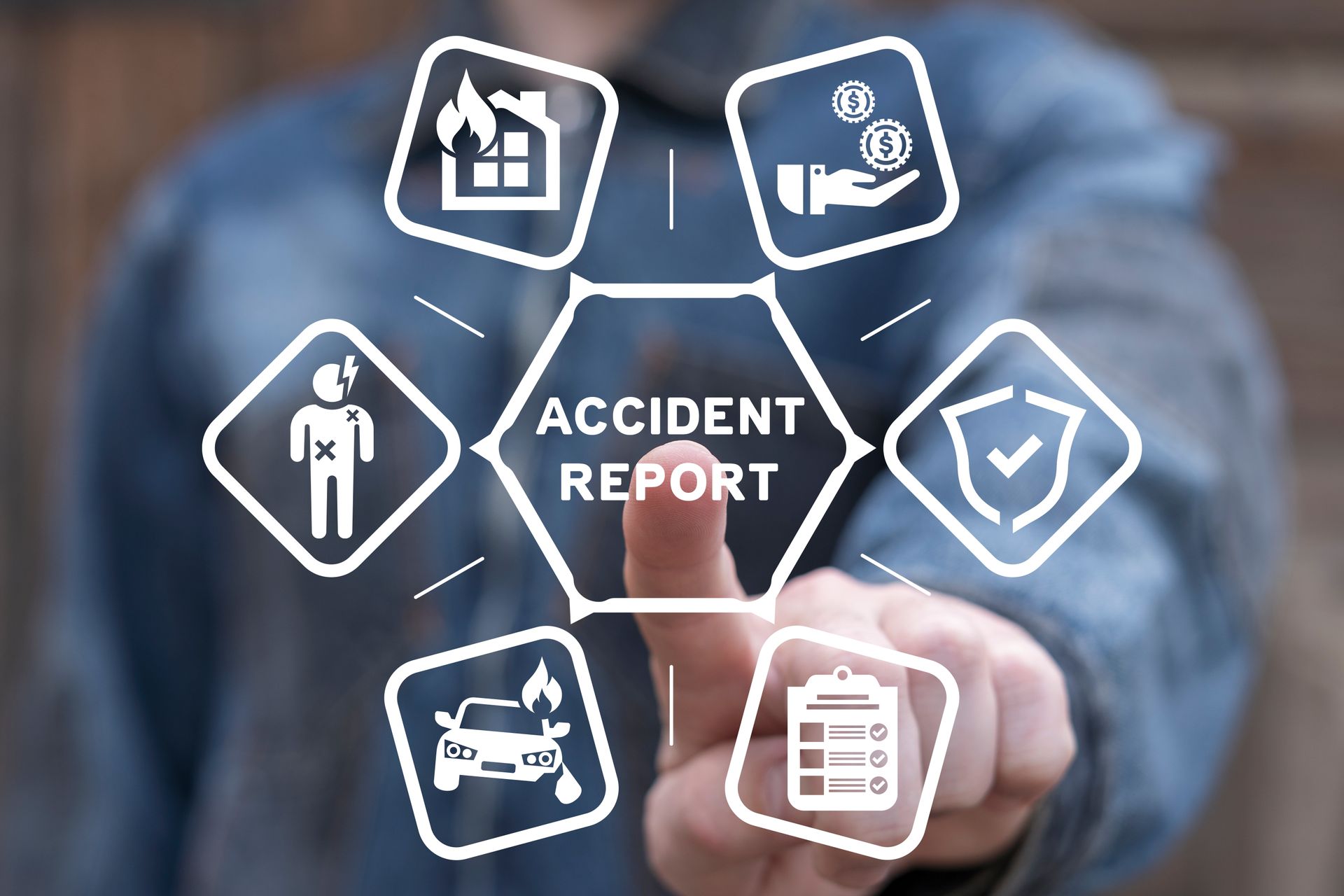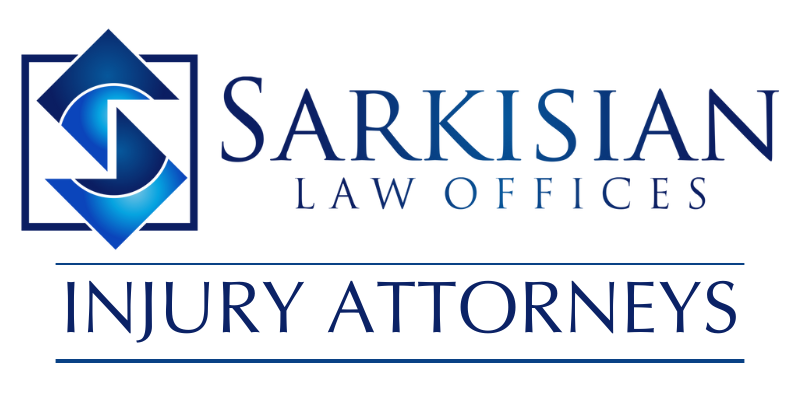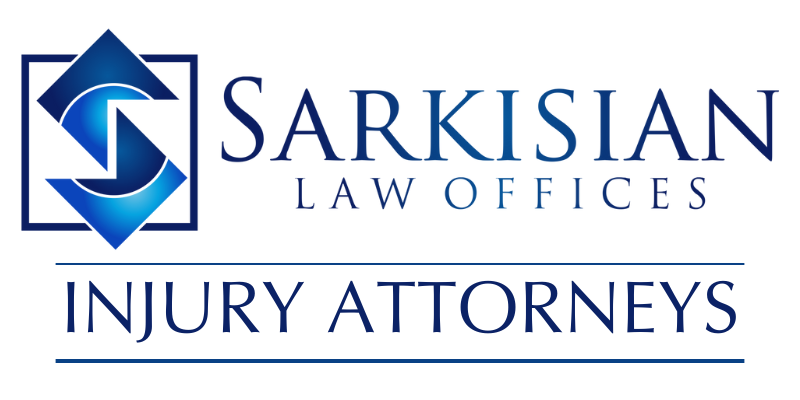Understanding the Process of Car Accident Settlements
Insurance settlements can be complicated, especially when injuries are involved. Make sure you know your rights and how the process works before signing anything.
Car accident settlements are agreements between the involved parties or their insurance companies to resolve the claims related to the accident. These settlements aim to provide financial compensation for damages incurred due to the accident. They cover a range of expenses, such as medical bills, property damage, lost wages, and even compensation for pain and suffering. By reaching a settlement, parties can avoid the lengthy and costly process of a court trial. Settlements are often preferred because they provide a quicker resolution and certainty for all involved parties.
The Role of Personal Injury Attorneys
A personal injury attorney is a legal professional who specializes in representing clients who have been injured in accidents. Their role is crucial in car accident settlements as they can help you understand your rights, gather evidence, negotiate with insurance companies, and represent you in court if necessary. They possess the expertise to navigate the legal system, which can be particularly beneficial when dealing with complex cases. Hiring a skilled personal injury attorney can significantly increase your chances of obtaining a fair settlement. Moreover, they can provide emotional support and guidance, helping you focus on recovery while they handle the legal intricacies.
Steps in the Car Accident Settlement Process
Understanding the steps involved in a car accident settlement can prepare you for what to expect. Each step is designed to build your case, ensuring you have the necessary documentation and support to claim the compensation you deserve.
Here is a general outline of the process:
1. Seek Medical Attention
The first and most important step after a car accident is to seek medical attention. Even if you feel fine, some injuries from car accidents might not be immediately apparent. Delayed symptoms can lead to complications if not addressed promptly. Medical documentation is also crucial when filing a claim, as it serves as evidence of your injuries and the associated costs. Having a detailed medical record from the start can significantly strengthen your case when negotiating a settlement.
2. Document the Accident
Gather as much information as possible about the accident. This includes taking photographs of the scene, noting the weather and road conditions, and collecting contact information from witnesses. A detailed accident report from the police is also essential. Documentation can serve as critical evidence, helping to establish the facts of the case and determine liability. The more thorough your documentation, the stronger your position during negotiations with insurance companies.
3. Notify Your Insurance Company
Inform your insurance company about the accident as soon as possible. Provide them with all the necessary details and cooperate with their investigation. Be honest and accurate in your statements, but avoid admitting fault or discussing settlement amounts without consulting your attorney. It's important to remember that insurance companies are businesses seeking to minimize payouts, so clear communication and legal guidance are key. Early notification ensures compliance with policy requirements and helps initiate the claims process promptly.
4. Hire a Personal Injury Attorney
A personal injury attorney will guide you through the legal process, handle negotiations with insurance companies, and ensure that your rights are protected. They will also help you determine the value of your claim, taking into account medical expenses, lost wages, and non-economic damages like pain and suffering. Having an attorney can also prevent you from being pressured into accepting a low settlement offer. Their experience and knowledge can be invaluable in achieving a resolution that truly reflects the extent of your damages.
5. Investigate the Accident
Your attorney will conduct a thorough investigation to gather evidence that supports your claim. This may involve reviewing medical records, interviewing witnesses, consulting with experts, and analyzing the accident scene. A comprehensive investigation can uncover details that might have been overlooked, strengthening your case. The objective is to build a compelling argument that clearly outlines the extent of the damages and the liability of the involved parties.
6. Negotiate a Settlement
Once your attorney has gathered all the necessary information, they will negotiate with the insurance company on your behalf. Most car accident claims are settled out of court, but if a fair settlement cannot be reached, your attorney may advise you to file a lawsuit. Negotiation is a critical phase where the expertise of your attorney comes into play, leveraging the evidence collected to advocate for the best possible outcome. If litigation becomes necessary, having a prepared and experienced attorney can make a significant difference in court.
Factors Influencing Car Accident Settlements
Several factors can affect the outcome of car accident settlements. Understanding these can help you set realistic expectations for your claim. Being aware of these factors also prepares you for potential challenges during the settlement process.
Severity of Injuries
The severity of your injuries plays a significant role in determining the value of your settlement. More serious injuries typically result in higher medical expenses, longer recovery times, and greater impact on your quality of life, all of which can increase the compensation you receive. Insurance companies often assess the extent of injuries to evaluate the risk and cost of potential litigation. The long-term implications of injuries, such as disability or chronic pain, are also considered when calculating settlements.
Fault and Liability
Determining who is at fault for the accident is crucial in car accident settlements. If the other party is clearly responsible, it strengthens your claim. However, if you share some of the blame, it may reduce the amount of compensation you are entitled to. States have different laws regarding fault and liability, such as contributory negligence or comparative fault, which can impact your settlement. Understanding these legal nuances can help you better navigate your case and set realistic expectations.
Insurance Policy Limits
Insurance policy limits can also impact the amount of your settlement. If the at-fault party's insurance coverage is insufficient to cover your damages, you may need to explore other options, such as suing the individual directly or using your underinsured motorist coverage. It's important to review all available insurance policies that may apply to your claim. In some cases, an attorney may identify additional sources of compensation that you might not have been aware of.
Wrongful Death Settlements
In tragic cases where a car accident results in death, wrongful death settlements may be pursued. These settlements are intended to compensate the deceased's family for their loss, covering funeral expenses, lost income, and emotional suffering. The process for wrongful death claims can be more complex and often requires the expertise of a personal injury attorney. Such cases require sensitivity and a thorough understanding of the law to ensure that the family's rights are fully protected.
Contact Sarkisian Law Offices to get the help you need after being injured in a car accident
Navigating the process of car accident settlements can be challenging, but understanding the steps involved and the factors that influence them can empower you to make informed decisions. By seeking medical attention, documenting the accident, and working with a skilled personal injury attorney, you can increase your chances of obtaining a fair settlement.
Each car accident case is unique, and the specifics of your situation will dictate the best approach. Remember, it's crucial to consult with a legal professional who can provide tailored advice based on your specific circumstances. With the right guidance, you can focus on recovery while ensuring that your legal rights are upheld.







